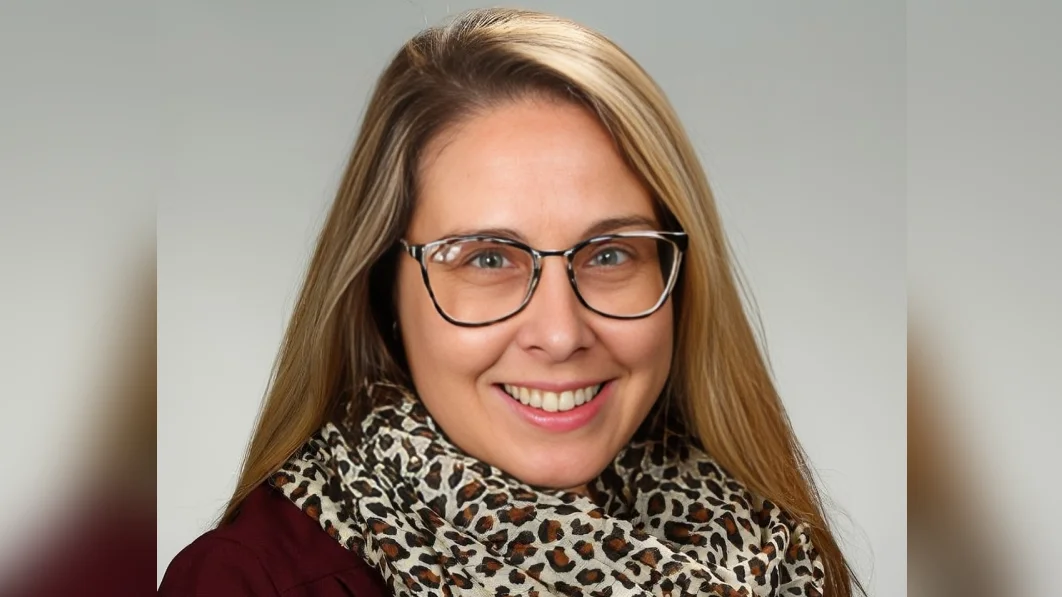
Faced with declining membership, aging buildings, and large underutilized properties, many U.S. houses of worship have closed their doors in recent years. Presbyterian minister Eileen Linder has argued that 100,000 churches may close in the next few decades.
However, some congregations are using their land in new ways that reflect their faith—a focus of my urban planning research. Some are repurposing their property to provide affordable housing as the housing crisis intensifies across the country.
Arlington Presbyterian Church in Arlington, Virginia, sold its historic stone building to the Arlington Partnership for Affordable Housing in 2016 to construct a six-story complex with 173 apartments known as “Gilliam Place.” The building still houses space for the congregation and La Cocina, a bilingual culinary job training facility and cafe. In Austin, Texas, St. Austin Catholic Parish is partnering with a developer to build a 29-story tower providing 200 beds of affordable student housing alongside new spaces for ministry.
Other houses of worship are pursuing similar projects today.
Faith-based organizations have been building housing for many years but generally by purchasing additional property. Recently, more houses of worship are building affordable housing on the same property as the sanctuary.
This can be done in various ways. Some congregations adapt existing sanctuaries and other faith-owned buildings, while others demolish existing structures to construct new developments that may or may not include space for the congregation. Another option is to build on excess property like parking lots.
Depending on how a development deal is structured, a faith-based organization may receive proceeds from selling its land or leasing its property to a developer—funds which they can then spend on ministry or a new space for worship. If a new development includes space for the congregation, sometimes they rent out those spaces when not used for worship, financially benefiting the congregation.
Faith-based organizations often see these projects as a way to do “God’s work.” In some instances, they include community services beyond housing itself.
Near Los Angeles, the Episcopal Church of the Blessed Sacrament in Placentia partnered with nonprofit affordable housing developer National Community Renaissance (National CORE) to develop 65 units for older people. The complex also includes a 1,500-square-foot community center. The city’s diocese aims to build affordable housing on 25% of its 133 properties.
For some congregations, these are mission-driven projects rooted in social justice.
In Washington D.C., Emory United Methodist Church redeveloped its property and constructed The Beacon Center—which has 99 affordable housing units, community spaces, and a commercial kitchen providing job training for recently incarcerated people—while preserving the sanctuary. In Seattle, the Nehemiah Initiative works with Black churches in the Central District—a historically African American neighborhood—to redevelop properties into affordable housing to prevent resident displacement.
Churches have also experimented with different housing models.
In St. Paul, Minnesota, Mosaic Christian Community partnered with an organization called Settled to construct tiny homes on church property that include beds, lofts, kitchens and small closets. Peace Presbyterian Church in Eugene Oregon sold its property to affordable housing nonprofit SquareOne Villages to develop Peace Village—a 70-unit development using a hybrid ownership structure combining limited-equity cooperative with community land trust principles aimed at keeping land affordable.
As states and cities struggle to provide affordable housing studies have been conducted from Nashville to New York City on how much land faith organizations own and their potential as housing partners.
In D.C., for example Urban Institute found almost 800 vacant parcels owned by religious organizations. In California Terner Center at University of California Berkeley reported approximately 170000 “potentially developable” acres owned by religious organizations and nonprofit colleges/universities
Houses of worship trying to build housing can run into challenges including zoning issues such as changing zoning codes minimizing parking requirements or increasing density
Many states/municipalities have reformed laws/ordinances Washington State legislators approved bill April 2019 giving religious organizations density bonus building100%affordablehousingonfaithproperty San Diego reduced/removed parking requirements near public transportation hubs October2023California lawmakers passed bill permitting religious/higher education institutions bypass local permitting processes March2024Sen Sherrod Brown Ohio introduced “Yes,in God’s Backyard Act”providing technical assistance faith organizations interested building affordablehousing
Another challenge facing housesofworship developingaffordablehousingiscommunityopposition Spiritual centers important neighborhood anchors providing social services/community events aesthetically pleasing sometimes historically significant
New York City West-ParkPresbyterianChurch battling community almost decade desire redevelop historic landmark millions dollars repairs congregation cannot provide Instead would like mixed-use facility includinghousing/congregation continuing arts programs/community activities Under city landmark regulations designated property cannot be demolished/altered Even when redevelopment project faces no legal barriers finding needed skills/funding difficult Nonprofit intermediaries Enterprise Local Initiative Support Corporation formed technical assistance programs creatingaffordablehousing includinghousesofworship Other nonprofits Bricks/Mortals PartnersforSacredPlaces Faith Leadership Campus sponsored Trinity Church Wall Street provide advice development process Despite challenges many constructinghousing changing way people think about role communities
When thinking about redevelopment process Arlington Presbyterian member Jon Etherton said "the call from God create do something about affordablehousing was bigger than building itself"